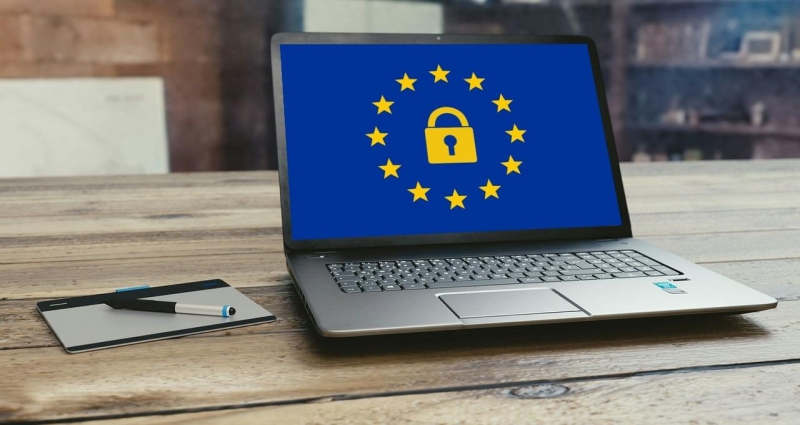
Image by Mohamed Hassan from Pixabay
European legislation on digital services comes into full force on Saturday with obligations now imposed on all online platforms, under penalty of fines, to better protect users against illegal content.
The Digital Services Regulation (DSA) has already applied since the end of August to the most powerful companies like X, TikTok as well as the main Meta services (Facebook, Instagram), Apple, Google, Microsoft or Amazon.
The European Union thus opened a formal investigation in December targeting Elon Musk's social network suspected of failing to fulfill its obligations in the fight against disinformation, the circulation of violent images or incitement to hatred.
In total, 22 very large internet players, including three pornographic sites, have been placed under the direct surveillance of the European Commission, which has recruited more than a hundred experts in Brussels to assume its new role as digital policeman. .
From Saturday, however, key elements of the regulation apply to all platforms, regardless of their size, with only partial relief for smaller businesses. The objective is to put an end to lawless spaces: everything that is illegal offline must be illegal online.
“We are fully mobilized to ensure the full implementation of the DSA and we encourage all member states to make the most of our new regulation,” declared European Commissioner for the Internal Market Thierry Breton, who carried the text with his colleague at Competition, Margrethe Vestager.
Among the obligations imposed on all service providers are those of offering Internet users simple tools for reporting illegal content as defined by the legislation in force (most often at national level) and of acting “promptly” for remove.
Merchant sites must control the identity of sellers and block repeat fraudsters, particularly when they distribute dangerous or counterfeit products.
Advertising targeting of minors as well as The exploitation of data on gender, political ideas or religious affiliation is prohibited.
– Heavy fines –
Violators face heavy fines of up to 6% of their global annual turnover, or even a ban on operating in Europe in the event of serious and repeated violations.
February 17 also marks the entry into force of these potential sanctions, including for very large platforms which were already subject to the regulation, but not yet to its repressive aspect.
“The internet has been left to the whims of big tech companies for too long. The Digital Services Act will improve things by better protecting consumers,” said Ursula Pachl, director general of the European Consumers' Union (BEUC).
If the date of February 17 is important, changes in practices “will take time, they cannot be decreed by law, because we must change the culture of users and companies”, warns Alexandre however de Streel, co-director of the Center on Regulation in Europe (Cerre) think tank.
The platforms, which are not part of the 22 “very large”, will be monitored by the authority of the country where they have their main establishment. EU member states had until Saturday to designate their national regulator in order to be ready to enforce the new rules.
Stricter provisions remain reserved for very large players, including power is considered to pose greater risks. These 22 giants were designated on the basis of a number of active users in Europe, estimated at more than 45 million.
Among their specific obligations, very large platforms must themselves analyze the risks linked to the use of their service and put in place the means to mitigate them.
They are subject to increased transparency, with the obligation to provide the regulator with access to their algorithms, and are audited once a year at their own expense.
Did you like the article? It mobilized our editorial staff which only lives on your donations.
Information has a cost, especially since competition from subsidized editorial staff requires additional rigor and professionalism.
With your support, France-Soir will continue to offer its articles free of charge because we believe that everyone should have access to free and independent information to form their own opinion.
You are the sine qua non condition for our existence, support us so that France-Soir remains the French media that allows the most legitimate expression.

